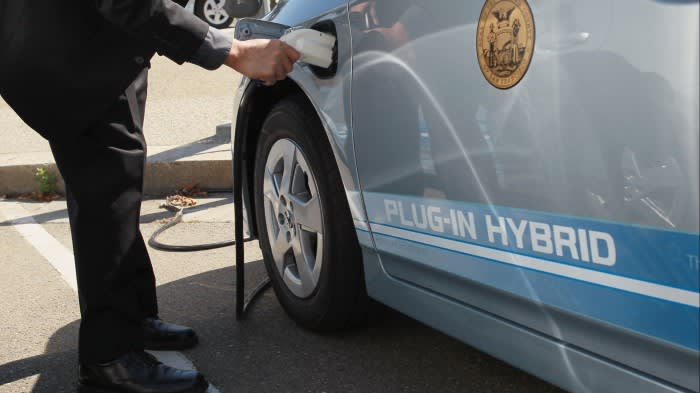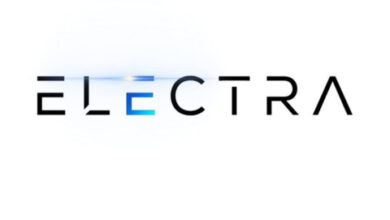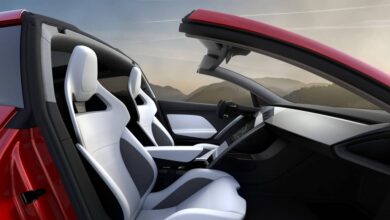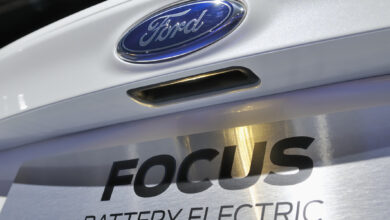Chinese industry body calls for fairness, transparency in EU electric vehicle probe-Xinhua

This photo taken on Feb. 1, 2024 shows a Chinese electric car MG4 on display at an MG sales center in Ljubljana, Slovenia. (Xinhua/Zhou Yue)
Chinese industry body calls for fairness and transparency in EU probe into Chinese electric vehicles while urging it to avoid adopting any protectionist measures.
BRUSSELS, April 12 (Xinhua) — A Chinese industry body on Friday called on the European Union (EU) to be objective, fair and transparent in its ongoing probe into Chinese battery-fueled electric vehicles (EV) and to avoid adopting any protectionist measures.
The European Commission initiated an anti-subsidy investigation into EV imports from China and is set to determine whether punitive tariffs should be imposed to protect EU manufacturers from Chinese competitors.
Shi Yonghong, vice president of the China Chamber of Commerce for Import and Export of Machinery and Electronic Products (CCCME), expressed concerns about bias in the Commission’s investigations, noting that “the findings are very likely to be distorted and unobjective.”
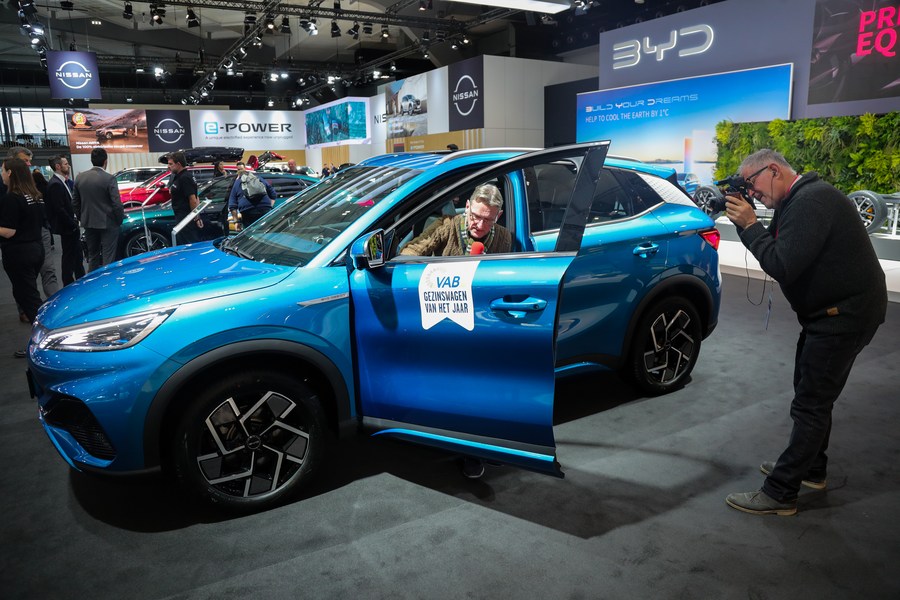
Journalists make report on a BYD Atto 3 electric car during a media preview of the 100th Brussels Motor Show in Brussels, Belgium, Jan. 13, 2023. (Xinhua/Zheng Huansong)
CCCME was authorized by 12 Chinese EV exporting producers in the case, including three sampled producers that are being individually investigated by the Commission.
He stressed that the Commission’s probe is “a perfect example of the EU’s double standards,” as proved by its purposeful selection of three Chinese EV producers — BYD, Geely and SAIC — in the anti-subsidy probe, while turning a deaf ear to the nearly 400 billion dollars of subsidies in the U.S. Inflation Reduction Act and the substantial EU subsidies into battery and EV production.
According to data from the clean transport campaign group Transport and Environment, Tesla and Renault’s Dacia were the top two exporters from China to the EU. However, these two were not included in the samples for the probe.
Shi pointed out that the Commission’s practice has violated established legal protocols and contradicts previous practices of evaluating exporters with the highest volume of exports to the EU, stressing that the biased sample selection has “tainted the entire investigation process.”
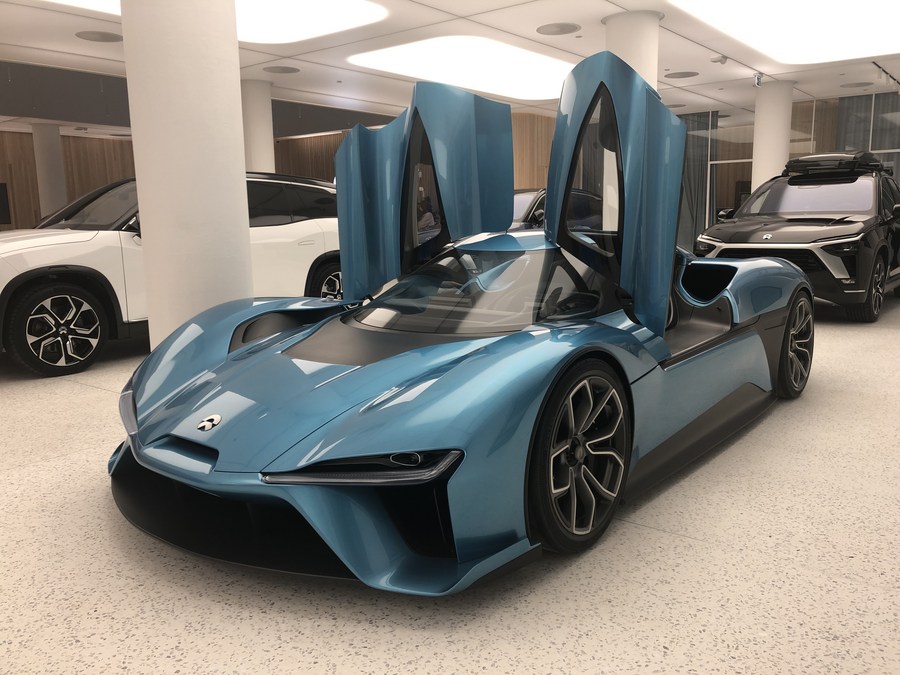
NIO cars are displayed in the NIO House in Oslo, capital of Norway, Sept. 30, 2021. (Xinhua/Zhu Sheng)
He also highlighted the issue of transparency, noting that EU producers have been granted anonymity, and the Commission has not met its World Trade Organization obligations to provide basic information regarding the data and data sources for the assessment of industry injury. Despite raising these issues early in the process, CCCME has yet to receive any feedback or see any corrective action from the Commission.
Addressing claims that Chinese EVs are usurping EU market share, Shi presented evidence suggesting otherwise. He referenced European economists who noted that Chinese and EU brands generally occupy distinct market segments and that the main importers of Chinese EVs are the EU producers themselves.
At a hearing on Thursday with the European Commission, CCCME and participating Chinese firms reiterated their concerns, but received no feedback. Zhou Qi, chief legal counsel for SAIC Motor, expressed frustration over the lack of engagement from the EU body.
“We are not afraid of competition, but we fear being treated unfairly,” Zhou noted. ■
